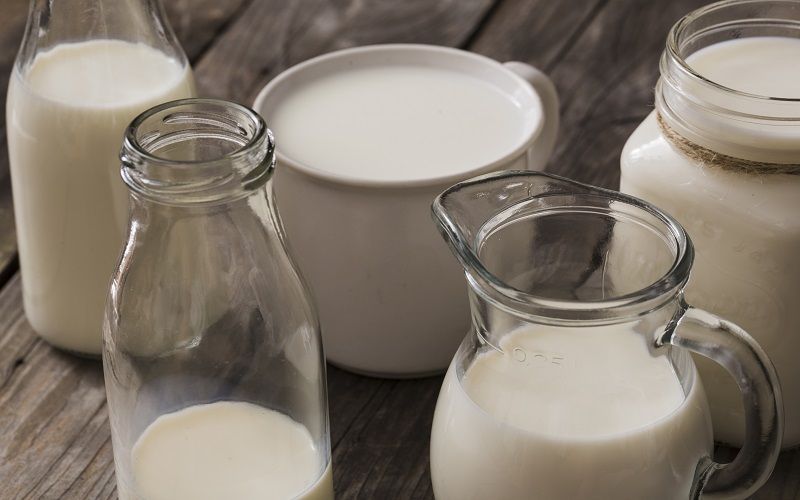Fiscal Benefits Extended to Tucumán's Dairy Sector Until 2035
Sourse: es.edairynews.com
Tucumán, Argentina, extends tax benefits for its dairy sector, aiming to strengthen local production with exemptions effective until 2035.

The province of Tucumán is reinforcing its support for the dairy industry with key tax exemptions aimed at safeguarding the milk basin and ensuring its socio-economic role. The dairy sector in Tucumán, Argentina, celebrates a vital announcement for its sustainability: the extension of tax benefits until 2035. This extension, part of a long-standing tradition of support dating back to 1985, guarantees almost half a century of tax exemptions for milk production in the province.
This initiative, driven by Governor Osvaldo Jaldo's administration through Law 9905, aims to protect Tucumán's dairy basin, an industry that inherently requires long-term investments and has an extended maturation cycle. Key exemptions include the relief from Property Tax on land dedicated to milk production and exemption from Gross Income Tax on raw milk sales. Moreover, Law No. 7600 grants dairy and mixed cooperatives a ten-year exemption from Gross Income Tax for essential dairy operations such as feed, seeds for pastures, agrochemicals, breeding cattle, semen, and dairy machinery. These measures are described by Economy Minister Daniel Abad as a "strategic contribution" to sustaining primary activity.
While Tucumán's daily milk production is modest, averaging between 60,000 and 85,000 liters compared to leading provinces, its significance lies in its social and economic impact. With production centered in the northern part of the province involving 53 dairy producers and 4,500 cattle, it generates a multiplier effect on the local economy. The dairy industry, although focused predominantly on domestic consumption with a third of the raw milk sent to other provinces, contributes notably to regional development.
A prime example is the municipal-run plant La Overita, providing milk and yogurt to schools and vulnerable sectors at reduced prices, thereby fulfilling a critical social function. The continuation of these fiscal benefits, initiated with Law 5724 in 1985 and reinforced by Law 9905, underscores the provincial government's firm commitment to the dairy industry. This favorable legislative framework is a crucial incentive for producers to invest in improving irrigation and reducing costs. Long-term fiscal stability is a decisive factor for the growth and competitiveness of Tucumán's dairy basin within the national agro-industrial context.
This initiative, driven by Governor Osvaldo Jaldo's administration through Law 9905, aims to protect Tucumán's dairy basin, an industry that inherently requires long-term investments and has an extended maturation cycle. Key exemptions include the relief from Property Tax on land dedicated to milk production and exemption from Gross Income Tax on raw milk sales. Moreover, Law No. 7600 grants dairy and mixed cooperatives a ten-year exemption from Gross Income Tax for essential dairy operations such as feed, seeds for pastures, agrochemicals, breeding cattle, semen, and dairy machinery. These measures are described by Economy Minister Daniel Abad as a "strategic contribution" to sustaining primary activity.
While Tucumán's daily milk production is modest, averaging between 60,000 and 85,000 liters compared to leading provinces, its significance lies in its social and economic impact. With production centered in the northern part of the province involving 53 dairy producers and 4,500 cattle, it generates a multiplier effect on the local economy. The dairy industry, although focused predominantly on domestic consumption with a third of the raw milk sent to other provinces, contributes notably to regional development.
A prime example is the municipal-run plant La Overita, providing milk and yogurt to schools and vulnerable sectors at reduced prices, thereby fulfilling a critical social function. The continuation of these fiscal benefits, initiated with Law 5724 in 1985 and reinforced by Law 9905, underscores the provincial government's firm commitment to the dairy industry. This favorable legislative framework is a crucial incentive for producers to invest in improving irrigation and reducing costs. Long-term fiscal stability is a decisive factor for the growth and competitiveness of Tucumán's dairy basin within the national agro-industrial context.
Key News of the Week










